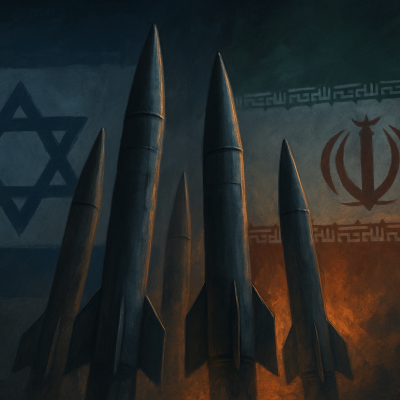By: Professor. Satoshi Ikeuchi
Professor, Global Security and Religion, University of Tokyo.
Prime Minister Shinzo Abe’s visit to Tehran last week was aimed at alleviating tensions in the Gulf. Confrontation, however, exacerbated during his trip. Tension seemed eased when Abe’s intended visit to Iran was announced, after the summit meeting between Prime Minister Abe and President Trump in Tokyo on May 27.
President Trump encouraged Abe to leave for Iran as soon as he leaves Japan. But it took two weeks to prepare for the visit and meetings which took place on June 12 and 13.
Two weeks is exceptionally and unprecedentedly short for Japanese ministries to prepare for Prime Minister’s visit to a foreign country. Prime Minister’s words are not from his whimsy, but institutionally written. Japanese decision-making process is bottom-up, hierarchical and sectionally divided. Any words of promise by him are surely executed institutionally, hence can be trusted.
Japanese Prime Minister sticks to prepared statements collectively written. He even takes notes on papers himself during summit meeting, which were mistaken as a rejected and wasted letter from President Trump, both by Iranian hardliners and by an Arab reporter of BBC who are not experienced in East Asian affairs and ridiculed it on SNS.
In the Middle East, two weeks are almost an age during which anything changes. Leaders himself quickly change courses and decides. So many empty words are spent and wasted but through these exchanges of untrusted words, accidentally courses of actions are set and a new momentum is born.
It was unfortunate that some elements in the Gulf conspired during those two weeks and sabotaged Abe’s diplomatic effort. At Abe’s most vulnerable time before the summit meeting with Iranian Supreme Leader Khamenei, a Japanese tanker was chased and attacked outside the Strait of Hormuz along with a Norwegian-owned tanker which was damaged heavily.
Japanese people took the message from someone behind this mysterious incident, very clearly. It was an insult to the Japanese people: “You novice, you are too premature to be involved in here.”
Japan is doing a different kind of diplomacy than what is being done in the Middle East. For Japan, diplomacy is based on trust and truth but in the Middle East, diplomacy is done by deception and contempt.
Japanese don’t care if ridiculed for their sincere honesty.
Japanese do care when mutual trust is broken by betrayal. In the Middle Eastern
diplomacy, breach of trust happens often and quickly forgotten. But for Japanese,
the loss of trust lingers on for so long years, even for several generations, inherited
by word of mouth in each families and institutions and never forgotten and
forgiven.





